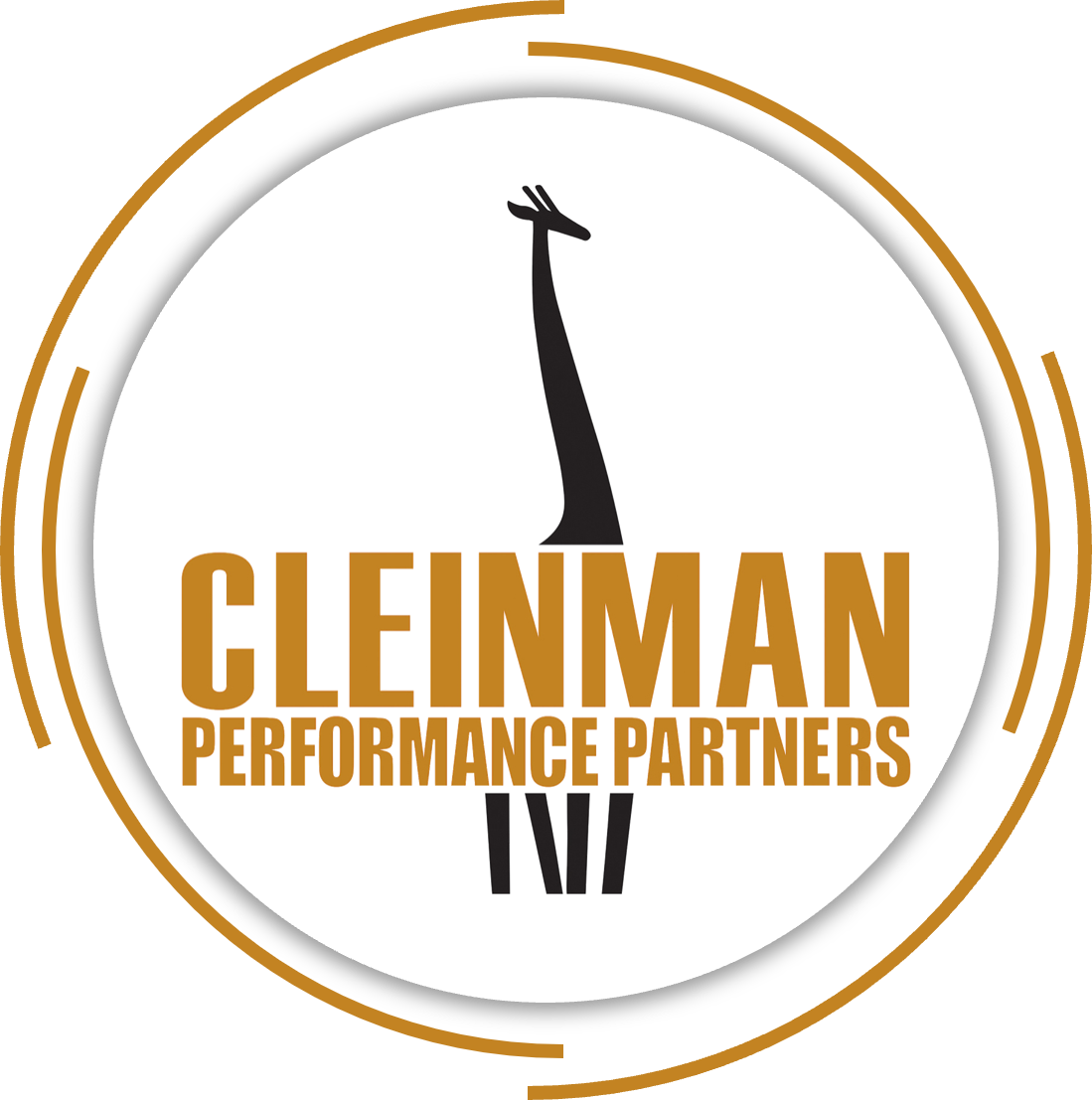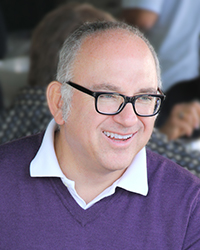By Al Cleinman
Cleinman Performance Network’s next session theme is “Different.” During our weekends, we will explore this topic from a variety of directions, as does Dr. Youngme Moon, the author of the book Different: Escaping the Competitive Herd from which we are taking some cues.
At Cleinman Performance Partners, our entire firm is built on the concept of “Different.” Since our inception over 25 years ago, we’ve attempted to look at things from a unique perspective, not only for our firm, but also for our clients and, indeed, an entire industry. We work hard to be imaginative in the design of our products and services and the business models with which we deliver them. We’re constantly tweaking processes and systems. Thinking different is part of our DNA and foundational to our brand.
But how does an optometrist promulgate the concept of being and acting “different?” Our experience is that, for most, this is a very difficult challenge. First, the majority of your time is spent simply doing the work of the practice, delivering the services sought by your patients and handling all the tasks associated therewith. And being in health care requires a certain exactness that doesn’t necessarily lend itself to creativity…or does it? Cannot imagination be fostered in every enterprise and at every level? Cannot one approach even the most mundane task with an eye towards improvement…being creative? The answer is a decided “yes!” But it takes strong leadership and a certain willingness that may be antithetical to your very sense of what’s right.
To bring imagination to an organization requires vision, desire and ability. First, it starts with the people with whom you surround yourself. Are you hiring smart, independent thinkers? Are you fostering confidence…the foundation of creativity? Are you really willing to think outside the box? Yes, in business, imagination must be channeled so as not to tax resources. And actions must support a specific strategy or goal. But an imaginative organization is one that looks at things from a variety of directions…continuously. An innovative team starts with a vision, seeks counsel, pushes through the inevitable setbacks, ignores “nay-sayers” and the ubiquitous “we tried that once and it didn’t work” mentality and debates through the issues that arise. A creative team says, “Let’s try this” and does so. A creative organization keeps moving because such an organization is one that is constantly learning. In a creative organization, ideas must be shared and nurtured. That said — and this sometimes makes for tough and/or unpopular decisions — even a good idea may not be the right idea or the right timing for a specific business or situation.
However, in my opinion, under any circumstance, regardless of intent, imagination…thinking different…cannot successfully thrive without that certain something I mentioned above. That something is tolerance.
I recall an experience that I had in the 1980s on the occasion of a visit with Jim McNerney, then COO of the 3M Company (and now chairman of Boeing). In the lobby of this most inventive organization was the firm’s mission statement, a significant part of which read:
“25% of our annual business will result from products that were not in existence five years ago.”
I asked Jim about the thinking behind their mission, and he referred me to the wisdom of one of his predecessors, William McNight, who laid the foundation for 3M’s innovative culture with the following statement:
“As our business grows, it becomes increasingly necessary to delegate responsibility and to encourage men and women to exercise their initiative. This requires considerable tolerance. Those men and women, to whom we delegate authority and responsibility, if they are good people, are going to want to do their jobs in their own way.
“Mistakes will be made. But if a person is essentially right, the mistakes he or she makes are not as serious in the long run as the mistakes management will make if it undertakes to tell those in authority exactly how they must do their jobs.
“Management that is destructively critical when mistakes are made kills initiative. And it’s essential that we have many people with initiative if we are to continue to grow.”
I strongly believe in Mr. McNight’s words. For your practice to thrive in the current tumultuous environment, you must become more imaginative…you must think “different.” That requires a combination of creativity, collaboration, initiative, hard work and, especially, tolerance up and down the organization. Effective business development requires the willingness to take risks and make mistakes. To learn. To be entrepreneurial. Organizations and individuals must be willing to fall down…and we must have the drive and intestinal fortitude to pick ourselves up and keep moving. Tolerance is foundational to creativity. Ideas must be vetted without hard criticism…as such is the most powerful antidote to creativity. Team members must become comfortable thinking about tomorrow’s desired improvement without feeling that such is criticism over yesterday’s work.
Now back to our theme…Different. In this seemingly “David vs. Goliath” environment…a period one can only describe as a “perfect storm” of new distribution channels, ubiquitous vision plans, hedge fund investments, pricing transparency, BOGOs and other insults to marketing, audits, EMR, eroding margins, wearable technology and cellphone apps that threaten the very service your profession has provided for eons…now is the time to think “Different.”
But looking at your world differently will likely take improved leadership. To be successful in this new era, you’re going to have to entertain different ideas about what it means to practice your profession. And this will extend to supporting the creativity of your team (and your team will exist inside and outside your practice), because you can’t do what you’re going to need to do alone. You’ll have to improve delegation and personal leverage by turning over every rock…by reviewing every aspect of your practice…with an eye towards tomorrow.
No one likes mistakes. But to move your ball forward will require getting more comfortable making them, allowing your team to do so, and doing it all faster. In today’s world, we simply have neither the time nor the resources to perfect every action before execution. In some instances you’re going to have to take leaps of faith. And you’re going to have to become more tolerant.
“Entrepreneurs don’t have failures, we have learning experiences.”
It’s time to think different…really different. And that’s going to take a willingness to fail…and to learn…faster.
This article includes excerpts from Al’s soon-to-be released book, A Different Perspective: Observations on Optometry, Business and Life. Read more about it here.

